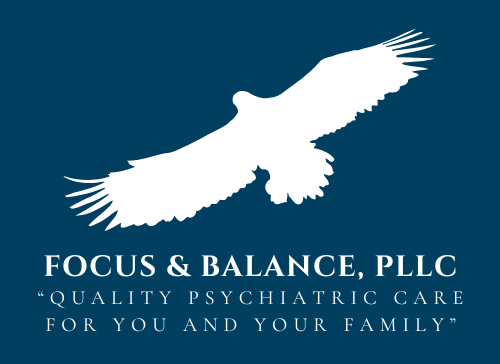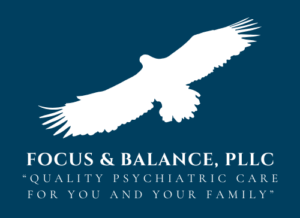Depression Management
What is Depression?
Depression is a common but serious mood disorder that affects how a person feels, thinks, and functions in daily life. More than just feeling sad or “down,” depression is a persistent emotional and physical state that can interfere with relationships, work, school, and overall quality of life.
People living with depression often experience:
- Persistent sadness, emptiness, or hopelessness
- Fatigue or low energy, even after rest
- Loss of interest or pleasure in activities once enjoyed
- Changes in sleep patterns, such as insomnia or sleeping too much
- Appetite changes, which may lead to weight loss or gain
- Low self-esteem, feelings of worthlessness, or excessive guilt
- Difficulty concentrating or making decisions
- Thoughts of death or suicide in severe cases
Depression can be triggered by life events, hormonal or chemical imbalances in the brain, chronic illness, trauma, or genetics—but it can also appear without a clear cause. It affects people of all ages and backgrounds and often coexists with other conditions like anxiety, PTSD, or substance use disorders.
Who Might Experience It?
Depression can affect anyone—adolescents, adults, seniors—especially after trauma, loss, or chronic stress.
How We Can Help:
At our clinic, we provide personalized, compassionate care for depression. Services may include:
- Medication management to help balance mood-related brain chemicals
- TMS therapy (Transcranial Magnetic Stimulation) for individuals with treatment-resistant depression
- Psychological testing to help clarify diagnosis and guide treatment

